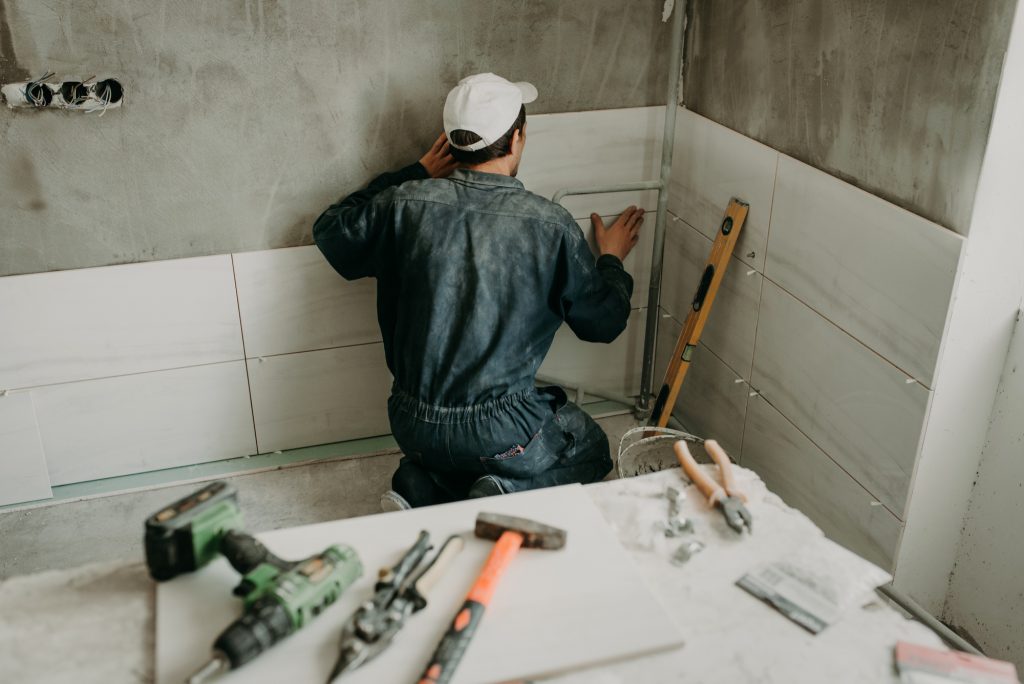As a Landlord, What Are My Responsibilities?
Landlords who care, make renting a joy to share!
It can be a challenge to be a landlord, but it can also be rewarding. The responsibilities of being a landlord involve more than just finding tenants and collecting rent. Landlords must ensure their tenants are satisfied with the property as well as deal with taxes and regulations that come along with renting out property.
Before embarking on this venture, it is important to understand the responsibilities associated with being a landlord. To ensure that your rental experience goes smoothly, you must be aware of these responsibilities and take steps to fulfill them.

Basic Responsibilities
Providing a habitable dwelling is a requirement for landlords. This means an aesthetically pleasing, safe structure that provides hot water, heat, functioning locks, and adequate plumbing and wiring.
Other than the basic responsibilities, several states have different rental laws and landlord obligations. For instance, California requires all rooms to have windows, but other states don’t. You are responsible for understanding your local laws regarding landlord-tenant relationships.
Keeping secure
You need to provide them with basic security. Additional security features may be required in some areas if requested. New York City, for instance, requires landlords to install window guards if their tenants request them.
- Deadbolts for interior doors
- Windows with locks
- Peepholes on front doorways
- A smoke detector that is working
Maintenance
The landlord is not responsible for all outdoor maintenance on single-family homes. Although you’ll want to keep your property looking sharp, you don’t need to mow the lawn or shovel snow. Snow removal, however, falls under the responsibility of renters in multi-unit apartments. Be sure to enforce your homeowner’s association’s rules for maintenance if you own a rental in one. Tenants who fail to follow the rules will be fined, not you.
Depending on your policy, single-family homes may or may not be required to provide trash removal. The cost of trash removal is bundled with the cost of sewage and water service in some counties, so if you’re not paying for those services, you don’t have to pay for trash removal as well. You are responsible for providing a dumpster and arranging for pickup for multifamily units.
Cleaning stairwells, lobby areas, and communal areas are part of owning a multi-unit apartment.
The cost of repairs
The money they receive for repairs can be applied to their rent if you wish. Let’s say $45 is needed for the installation of a new deadbolt. Depending on how your tenants respond, you could deduct $45 a month from their rent if they agree. Ensure that you have a document that outlines the amount billed and ask them to sign it so you won’t be sued in the future.
A tenant who neglects to inform you of a repair may become responsible for it. A tenant might be responsible for damage caused to the ceiling downstairs if they fail to report an air conditioner that leaks upstairs. If there are any maintenance issues, encourage your tenants to inform you.
Other than the basic responsibilities, several states have different rental laws and landlord obligations. For instance, California requires all rooms to have windows, but other states don’t. You are responsible for understanding your local laws regarding landlord-tenant relationships.
Repairs both major and minor
Major repairs and minor repairs are two types of repairs.
Major repairs, such as the following, are your responsibility as a landlord:
- Pipes that are busted
- Windows that are broken
- Issues related to a furnace or water heater
- A broken toilet (especially if it’s the only one)
- Security features that are inoperable
- Infestations of pests
Major repairs must be financed by you as long as they are not caused by the tenants. When tenants break a window when moving furniture or leave the house so dirty that mice infest it, you can send the bill to them.
Small repairs include staining the carpet, repairing screen doors, and repairing creaking floors. Repairs that don’t endanger tenants’ health or safety aren’t required.
Add-on features
When add-ons break, they’re not legally required to be repaired. There are four types of appliances that fall into this category: refrigerators, dishwashers, washers, and dryers. If the tenant maintains the appliance properly, you don’t need to repair or replace it if it breaks, so make that clear in the lease.
It is possible to get into a gray area if you do not make it clear that you will make repairs, withhold rent, and create an adversarial relationship if you do not make it clear.